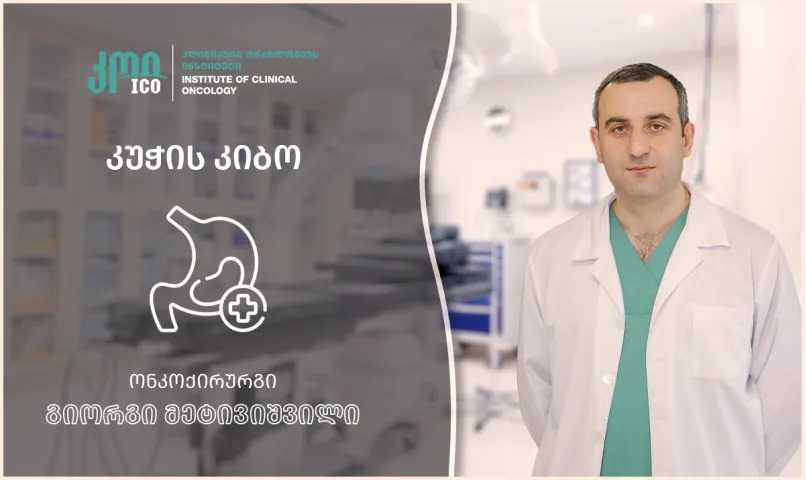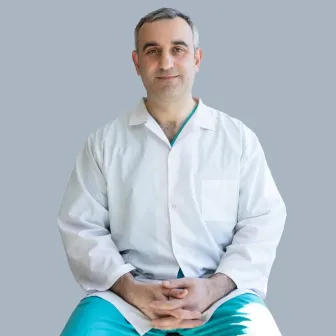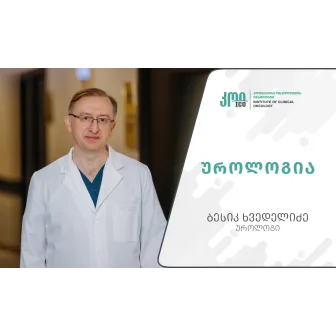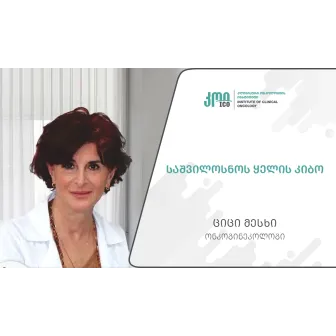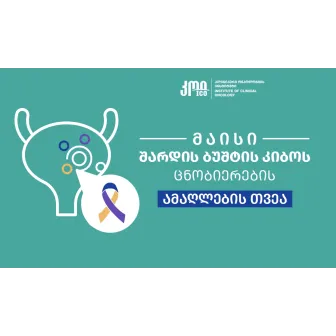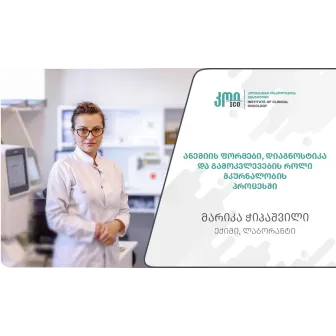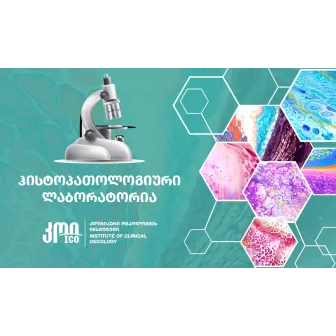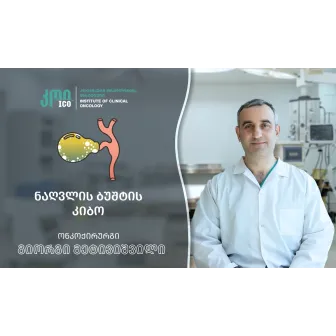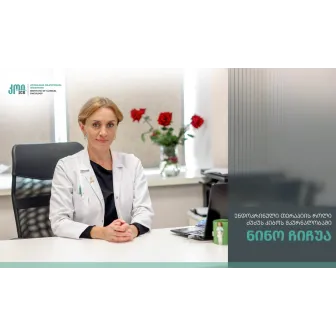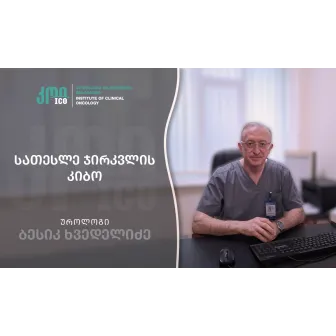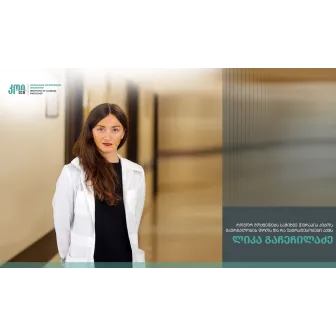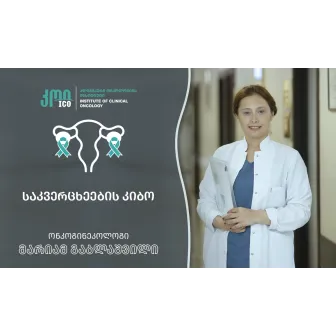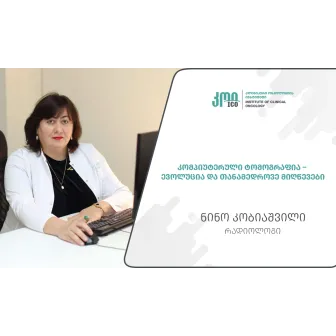In the article, Giorgi Metivishvili, an oncologist and head of the surgical department at the Institute of Clinical Oncology, tells us about stomach cancer - how the disease is diagnosed, risk factors we should be aware of, and how the disease is treated in modern medicine.
Stomach Cancer is a malignant tumor that develops from the gastric mucosa. Among epithelial tumors, adenocarcinoma is the most common, although some non-epithelial (including stromal and neuroendocrine) gastric tumors can also occur.
According to global epidemiological data, stomach cancer ranks sixth in prevalence, and fourth in mortality among malignant tumors. The average age of patients is 65 years, although cases are not uncommon at a younger age, especially in patients with a family history of oncological diseases of the digestive system. Regular preventive examinations are recommended for this group after the age of 40.
Clinical symptoms
Early symptoms of stomach cancer are often subtle and include general weakness, loss of appetite, intolerance to specific foods, discomfort in the epigastric region, anemia, and progressive weight loss. In the clinically manifested stage, upper abdominal pain, vomiting (possibly bloody), dysphagia (difficulty swallowing food), a feeling of fullness in the stomach, and significant weight loss may occur.
Diagnostics
The gold standard for diagnosing stomach cancer is fibrogastroduodenoscopy with biopsy. In cases where gastroscopy is not possible, contrast X-ray methods can be used. Biopsy is necessary for all gastric pathologies to establish a morphological diagnosis.
In cases of confirmed cancer, immunohistochemical studies are additionally performed to determine the tumor type and specific markers. It is also necessary to perform computed tomography with contrast, magnetic resonance imaging for full-scale staging to assess the presence of metastases in the liver, lungs, peritoneum and other organs. Among modern diagnostic methods, positron emission tomography (PET/CT) is informative.
The treatment strategy is determined by a multidisciplinary approach, which involves an oncologist, endoscopist, radiologist, oncologist, and other relevant specialists. Only their joint work makes it possible to develop effective therapeutic tactics.
Risk-Factors
Lifestyle and dietary habits play an important role in the development of stomach cancer. Risk factors include frequent consumption of spicy and bitter foods, tobacco, excessive alcohol consumption, diabetes mellitus, and chronic inflammatory processes of the gastric mucosa. Among them, Helicobacter Pylori infection is noteworthy, which is one of the important etiological factors.
Treatment modalities
Treatment tactics depend on the tumor stage, localization, patient’s age, and general condition. The main modalities are:
- Surgical treatment - resection of a part or the whole stomach, with removal of regional lymph nodes;
- Chemotherapy - systemic treatment in the early or detected metastatic stage;
- Targeted therapy -In the presence of specific biomarkers,
In some cases, additional immunotherapy and/or radiotherapy are prescribed, although their use is determined individually.
Stomach cancer is one of the serious oncological diseases, the timely diagnosis of which and properly planned therapy significantly increase the survival rate. Raising public awareness about the symptoms of the disease, risk factors, and the importance of prevention is necessary. A multidisciplinary approach, the use of modern diagnostic technologies, and personified treatment planning create the prerequisites for effective treatment.
- Views:44086




